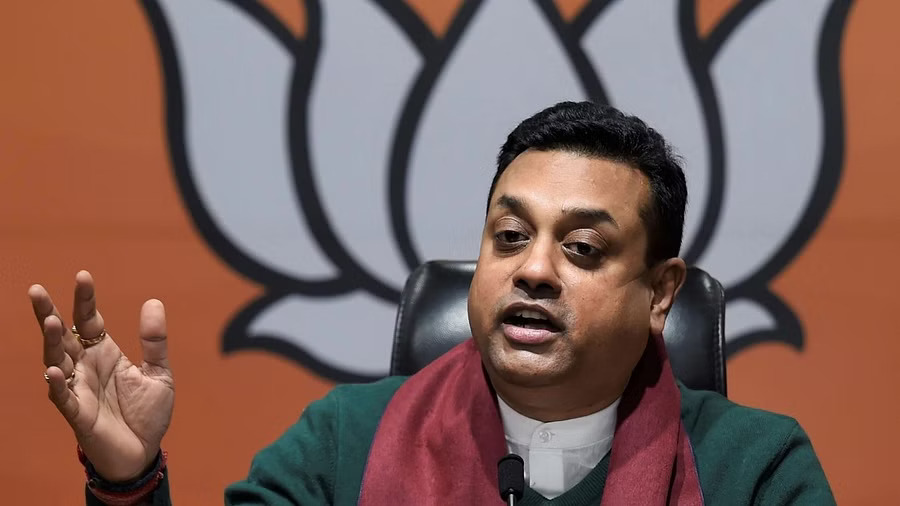In a recent turn of events, the debate surrounding the Congress party’s decision to boycott journalists has sparked widespread discussions about its implications on the party’s political strategy. Critics argue that the focus should be on addressing internal challenges rather than directing animosity towards the media.
The controversy arose when the Congress party announced its decision to boycott certain television news channels and their journalists, accusing them of biased reporting and spreading misinformation. This move has been viewed by some as an attempt to divert attention from the party’s internal issues and present a united front against perceived external adversaries.
However, prominent voices within political circles and media pundits contend that boycotting journalists may not be the most prudent strategy. Instead, they argue that addressing concerns raised by party members, including some calling for introspection and stronger leadership, could be a more effective approach to regain public trust and electoral advantage.
Rahul Gandhi, a key figure in the Congress party, has been at the center of much of the controversy due to his comments and remarks that have been criticized as lacking substance or consistency. Some argue that the party should focus on refining its leadership and messaging, particularly from figures like Rahul Gandhi, to present a more unified and credible image.
Critics contend that engaging constructively with journalists and addressing genuine concerns about the party’s internal functioning and electoral strategy would demonstrate a commitment to transparency and democratic principles. It could also help the party regain its footing and present a more united front against political opponents.
Ultimately, the decision on how to navigate this controversy and chart a successful path forward lies with the Congress party. It remains to be seen whether the party will reevaluate its stance and approach in light of the ongoing discourse surrounding media boycotts and focus on strengthening its internal cohesion to better position itself in the political landscape.










